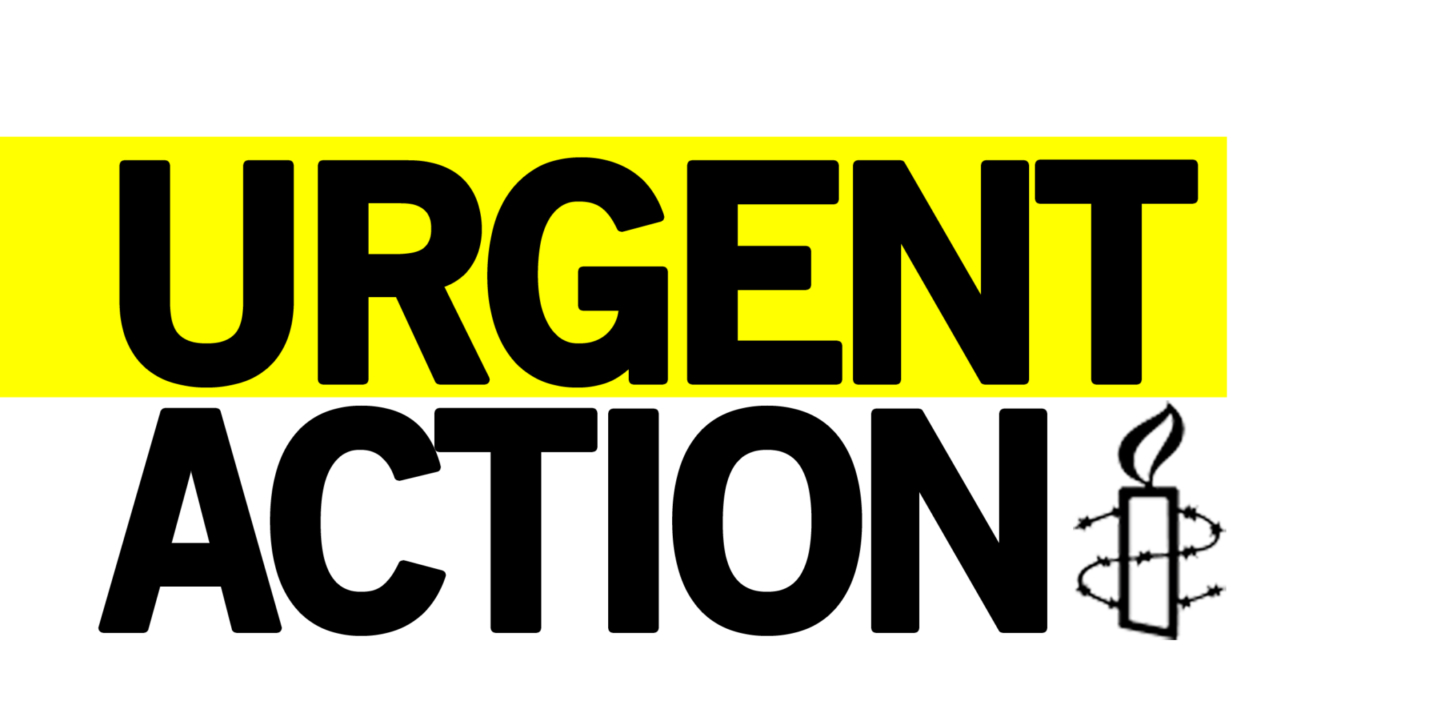Maria Ressa, executive editor of online news outlet Rappler and press freedom advocate, was arrested on 13 February 2019 over politically motivated “cyber-libel” charges (online defamation). She was held overnight and then released after posting PhP100,000 (approx. USD2,000) in bail. Rappler has been a consistent critic of President Rodrigo Duterte and his administration, and Maria Ressa’s arrest appears to be part of broader campaign to silence critics of the government.
TAKE ACTION! WRITE AN APPEAL IN YOUR OWN WORDS WITH THE FOLLOWING CALLS:
- Urge the Department of Justice to act swiftly to uphold and protect the freedom of the press;
- Drop the charges against Maria Ressa and Rappler, which appear to be solely politically motivated;
- End the harassment of the media, journalists, and critics of the Duterte administration, and take measures to guarantee their right to freedom of expression and assembly.
Write to:
Menardo I. Guevarra, Secretary
Department of Justice
DOJ Building, Padre Faura Street, Ermita,
Manila, 1000, Philippines
Phone: (+632) 523 8482 to 98
Email: [email protected]
Salutation: Dear Secretary Guevarra
ADDITIONAL INFORMATION
Since President Rodrigo Duterte was elected in 2016, media outlet Rappler has consistently drawn attention to the deadly reality of the ‘war on drugs,’ and the thousands of unlawful killings of poor and marginalized people perpetrated in its name. Its persistence in documenting these abuses has attracted the wrath of the Philippine authorities. On 24 July 2017, in his annual State of the Nation Address, Duterte claimed Rappler was owned by foreigners, implying that the media outlet was violating the Constitution, and in succeeding weeks, he repeated that claim. In January 2018, the Philippines Securities and Exchange Commission (SEC) temporarily revoked Rappler’s registration, finding that it had violated foreign ownership rules. In February 2018, a Duterte spokesman said that Duterte himself had ordered presidential security staff to bar Rappler reporter Pia Ranada and editor Maria Ressa from entering the presidential palace.
In December 2018, an arrest warrant was issued against Maria Ressa. Both Ressa and Rappler Holdings, of which she is the president, were charged with violating the tax code in 2015 in relation to funds received through Philippine Depositary Receipts (PDRs), a financial instrument that allows foreigners to invest in Filipino companies.
In early February 2019, the Department of Justice indicted Ressa and a former reporter of Rappler for “cyber-libel” (defamation online). The department was acting on a complaint filed by a businessman over an article published in 2012, months before the cyber-crime law was passed. Ressa was arrested on the evening of 13 February 2019, after bail offices had closed, which meant that the authorities were able to detain her overnight. Ressa was supposed to deliver a speech on press freedom that night. She posted bail the following morning, stating that the charges represented an “abuse of power” and the “weaponization of the law”.
Maria Ressa’s harassment is another example of how the Duterte administration singles out its most vocal critics for politically-motivated prosecutions. The attack on Ressa and Rappler follows the February 2017 arrest and detention of Senator Leila de Lima, another leading critic of the ‘war on drugs’, on politically-motivated charges. Senator de Lima has been in detention for two years now.
PLEASE TAKE ACTION AS SOON AS POSSIBLE UNTIL: 27 June 2019


